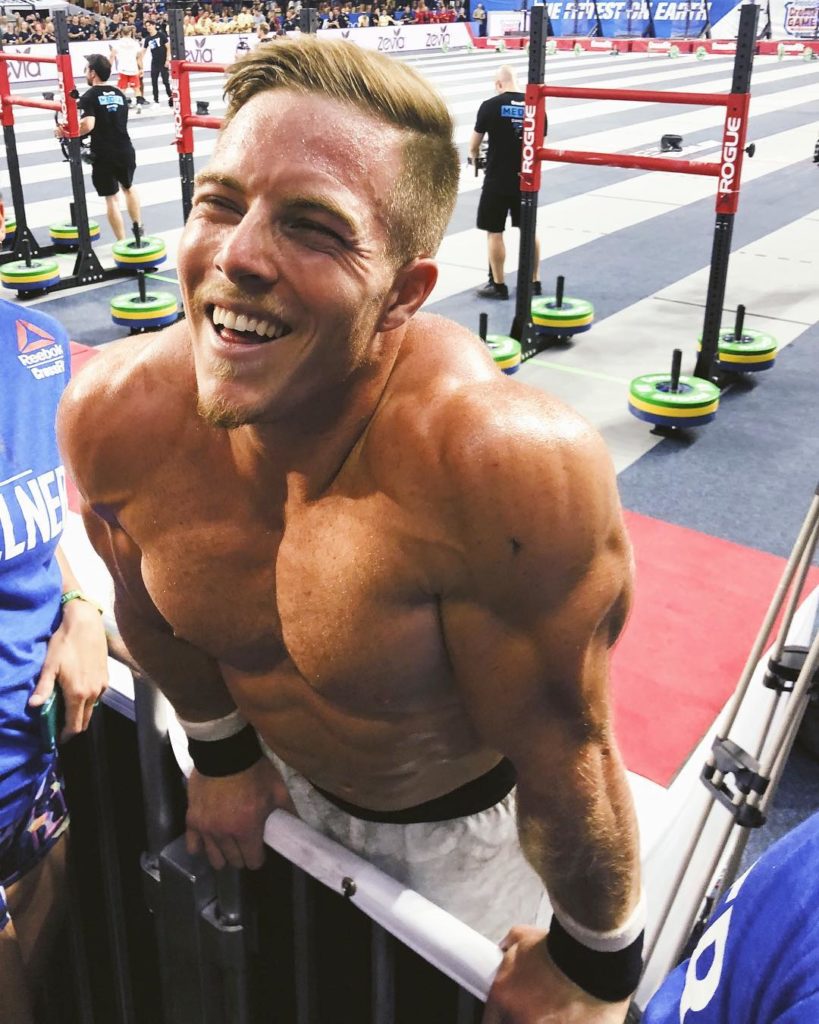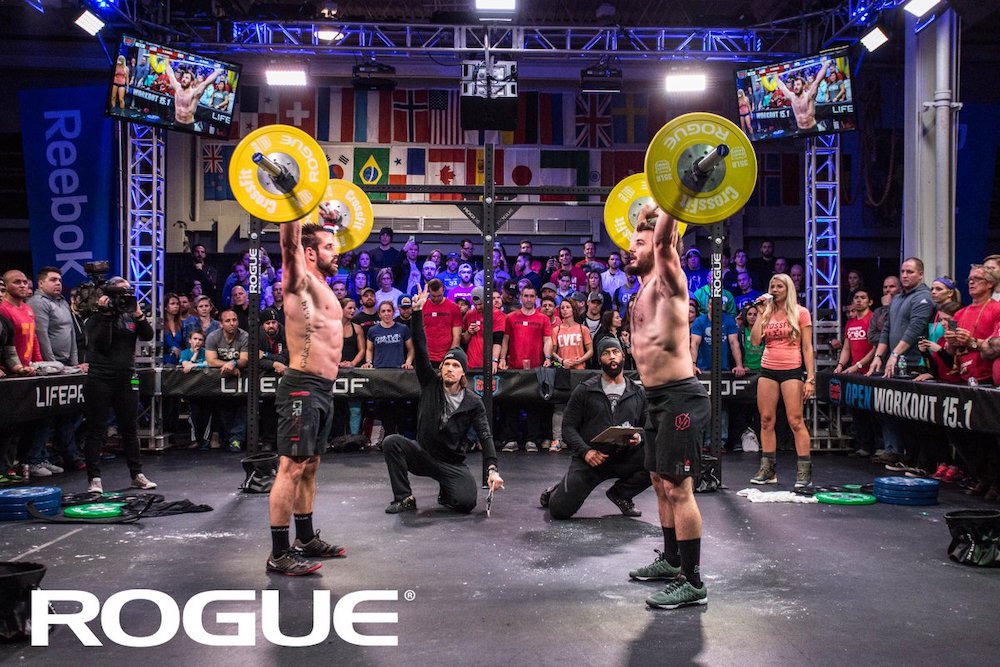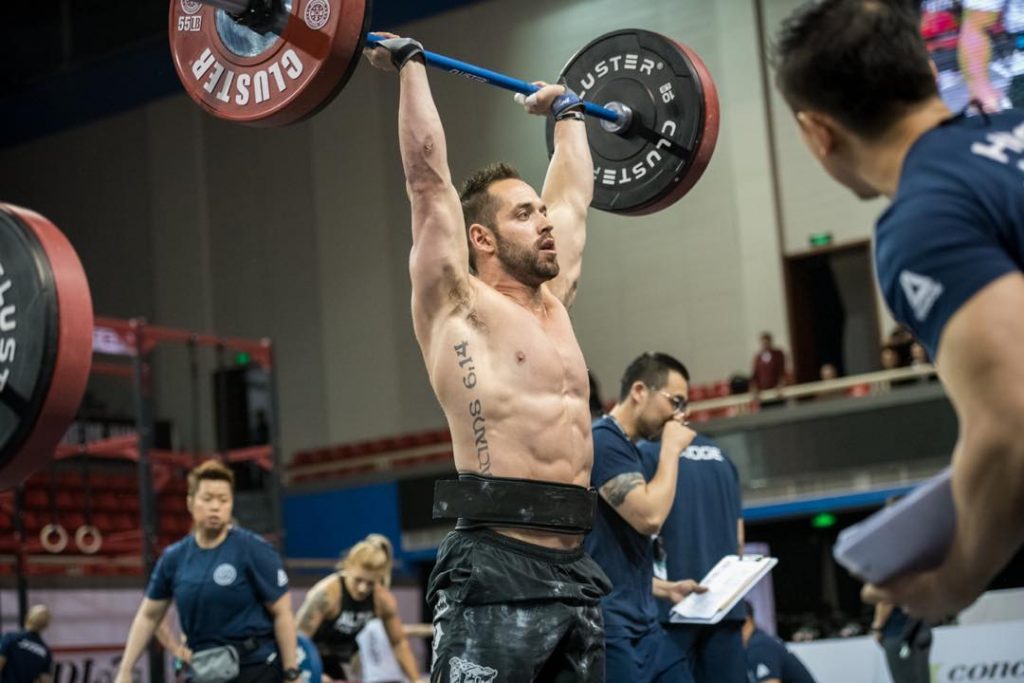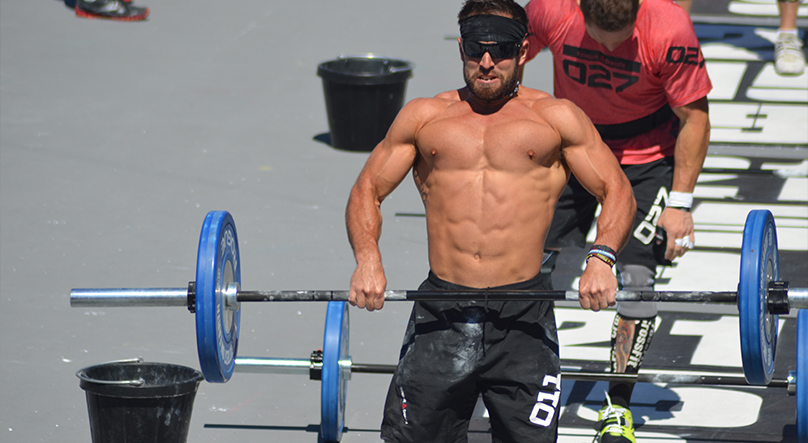Coping & CrossFit
3 ways to cope with failure and negative emotions
But, firstly, what is coping? Of course there are a million ways to describe this process but, personally, I prefer the definition provided by the transactional approach, which defines coping as «constantly changing cognitive and behavioural efforts to manage specific external and/or internal demands that are appraised as taxing or exceeding the resources of the person» (Lazarus & Folkman, 1984). Moreover, they establish two levels of appraisal strongly related to coping processes: the primary appraisal, which refers to the stressor being relevant for our goals, belief system or values; and the secondary appraisal, which is basically a screening of the coping options we might select in order to manage the stressor.

One of the cornerstones of psychological intervention in the context of sports is to determine the factors that affect performance in order to modify the nature of their influence through proper training. In this sense, we find that the ability of an athlete to cope with major stressors during competition or training, is essential to perform at the highest level.
But what types of coping can we use then? In general, we find problem-focused solutions – goal setting, assertive confrontation or seeking information – or emotion-focused solutions – seeking emotional support, wishful thinking or relaxation – (Nicholls & Polman, 2006) . Other authors have suggested three coping dimensions: avoidance, approach and appraisal. Avoidance strategies include actions destined to distance the individual (both physically and mentally) from the stressor at hand. Approach coping involves active confrontation of the stressor in efforts to reduce or extinguish it. Lastly, appraisal coping consists of cognitive re-evaluation of the stressor to diminish its importance.
3 ways to cope efficiently during a WOD
CrossFit is often considered as a challenge. The WOD is a situation we must face with our personal resources in order to put up a score we can be proud of. And if you’ve ever done CrossFit you’ll know this is no easy task. Constantly varied functional movement executed at high intensity will put you against the ropes and, sometimes, your performance may not be up to par with your expectations.
This sentiment is even more intense in a competitive setting. You’re not only faced with the challenge of defeating a particular WOD, but also beating a bunch of talented athletes to the finish line. Fear of failure, lack of confidence, expectations of others may flourish making it hard to focus on the task, resulting in a disappointing performance.
Coping mechanisms have a trick to them and I’m here to let you know a few tips about efficient coping in a stressful situation.
1. Not every situation calls for the same coping mechanism
Not every stressor will be managed best by the same coping strategy. It is often heard that the best defense is a strong offense. A good example would be the following: imagine Mat Fraser in the final event of the CrossFit Games in 2015. He reached failure on those paralette handstand pushups and Ben Smith was running away with the event (and the gold medal). So Fraser, actively trying to reduce the distance between him and Ben in efforts to eliminate the stress, would continuously kick back up into the handstand, only to keep failing.
If you’ve ever done technical gymnastics, you know damn well that once that lactic acid has come through, you are done for a couple of minutes. He knows it better than we do. Yet he succumbed to an instinctive coping strategy, which resulted to be inadequate for that situation. Had he taken a longer rest when he started failing, re-structuring his appraisal of the problem (which wasn’t Ben Smith winning rather the build-up of lactic acid in his upper body), he might have been able to make an epic comeback.

2. If you can control it, approach it; if not, re-structure it.
How do I know I’m picking the right coping strategy? I like to resort to a simple mechanism. If there’s a stressor in front of me that is directly dependent on my actions (following the right bar path in my snatch, deliberately lowering my hips on the squat in each rep or sprinting to the finish line), I focus my energies on executing these tasks to actively reduce my stress. However, if stress is provoked by something out of my reach (Tia-Clair Toomey is smashing that barbell, my judge is not entirely satisfied with the depth of my squat or my bar is a few metres further from the finish line due to spatial organization) it makes no sense to ruminate on those thoughts and, consequently, blame external factors for my performance. Keep your eyes on yourself. What do you need to do to cross the finish line? Only act upon things that depend on you.

3. Ain’t no shame in coping with emotions
Many people have a strong tendency towards emotion-shaming. They don’t know how wrong they actually are. Emotions are necessary and play a very important role in our lives. They drive our motivation and guide us to perform tasks that will help us achieve our goals. Bottling them up and avoiding them all together is counterproductive.
Noah Ohlsen at a certain point during the 2018 CrossFit Games hit rock-bottom after some disappointing performances. His girlfriend, Joanne, had all their friends record themselves showing Noah some love and support and she put together a little video to motivate him. This would be «seeking social support» which falls into the «emotion-focused coping strategies». Ohlsen said this had helped him face the final stages of competition in a much healthier mindset. It made no sense to dwell on mistakes of the past, but to reach out to his friends and family to mend his emotional wounds and start off fresh.
Lazarus, R. S., & Folkman, S. (1984). Stress, appraisal and coping. New York: Springer.
Nicholls, A. R., & Polman, R. C. (2007). Coping in sport: A systematic review. Journal of sports sciences, 25(1), 11-31.




